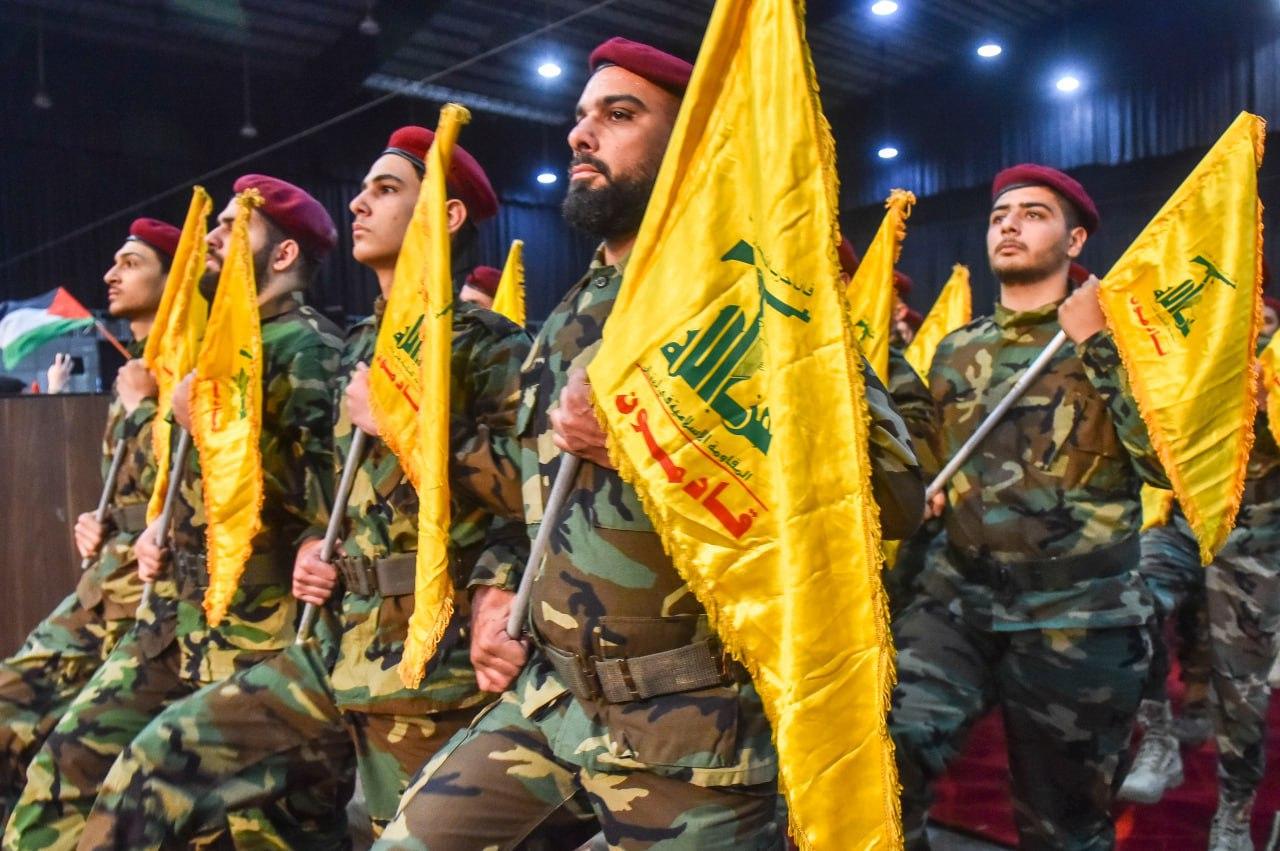Full-scale Israel-Hezbollah war unlikely Amid US constraints
Several recent publications in the international press have caught the attention of experts. They may indicate that the likelihood of a full-scale war between Israel and Lebanese Hezbollah has slightly diminished.
What's happening in Lebanon?
The Israeli publication Jerusalem Post discusses the implications of the recent airstrike killing the commander of Hezbollah's Aziz unit, a senior figure named Muhammad Neamah Naser. The Aziz unit has been shelling Israeli territories from southwestern Lebanon.
Hezbollah has been conducting regular rocket attacks on Israel since October 8 last year. The pro-Iranian group, dominant in Lebanon, is part of the Axis of Resistance - a pro-Iranian military-political bloc that includes Palestinian Hamas, currently at war with Israel in the Gaza Strip.
In response to Hezbollah's shelling, Israel has been striking southern Lebanon. Buffer zones of 5-10 km have formed on both sides of the Lebanon-Israel border. About 80,000 Israelis and around 100,000 Lebanese have become refugees. Concurrently, the Israel Defense Forces (IDF) are targeting Hezbollah's military leadership. Hezbollah has stated it will cease fire once Israel stops shelling Gaza.
The assassination of the commander of the Aziz unit is not the first such elimination. Israel continues to eliminate senior field commanders of Hezbollah one by one, despite threats from its leader, Hassan Nasrallah. In recent months, commanders like Wissam al-Tawil of the Radwan Forces (elite Hezbollah units for deep raids into Israel) and Abu Talib, commander of the Ansar unit on the southern front responsible for Hezbollah's actions from Bint Jbeil to Mount Dov, have been killed. Additionally, IDF strikes have led to the elimination of several other lower-ranking leaders. Entire command chains of Hezbollah officers have been disrupted.

By carrying out such attacks, Israel pursues several objectives. Firstly, it aims to disrupt the command structure of Hezbollah's military units. Hezbollah counts 20-30 thousand fighters (with a similar number in reserves), and it lacks a large number of experienced specialists. Secondly, Israel increases pressure on Hezbollah's leaders, demonstrating to them that they are in danger. This may lead to making them more compliant. Finally, these assassinations serve as a demonstration of Israel's military and technological superiority, and its high intelligence capabilities. After all, Hezbollah has yet to eliminate any senior Israeli military leadership.

However, Hezbollah will not cease fire on northern Israel until the latter stops bombing Gaza. Hezbollah has demonstrated its capabilities. Northern Israel is almost deserted, with forests burning, crops destroyed, farms ravaged, and military bases under attack. Hezbollah employs advanced Iranian-made drones that penetrate Israel's Iron Dome defence systems. Just weeks ago, a pinpoint strike destroyed one of the installations of the expensive Iron Dome missile defence system.
In other instances, special drones were used for effective attacks on military bases, firing missiles at the enemy before being used themselves as kamikaze drones. Hezbollah's reconnaissance drone freely flew over Israeli strategic sites, including refineries and the port of Haifa, where military ships are stationed, then safely returned to base. What if kamikaze drones and guided missiles follow? Israel has only two refineries.
Meanwhile, the Jerusalem Post reports that Israel is fighting Hezbollah under various constraints, primarily the desire to focus on the conflict in Gaza and the Biden administration's veto on expanding the war to the northern front. If this is true, and Washington is seriously hindering Israeli Prime Minister Benjamin Netanyahu's attempt to start a war in the north against Hezbollah, such a war becomes increasingly unlikely. Although this contradicts some other reports that the U.S. has given Israel the green light for a ground invasion of Lebanon.
The views and opinions expressed by guest columnists in their op-eds may differ from and do not necessarily reflect the views of the editorial staff.








